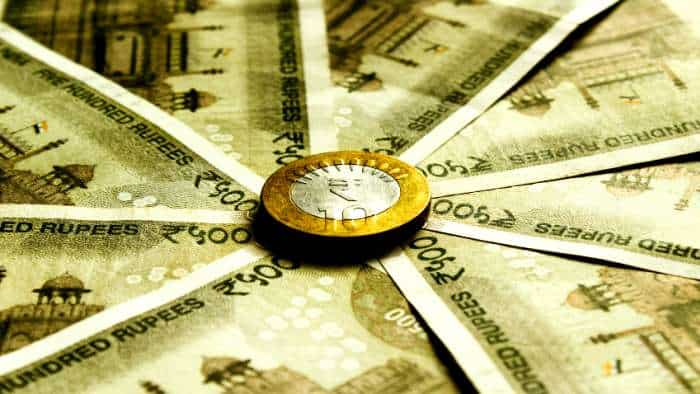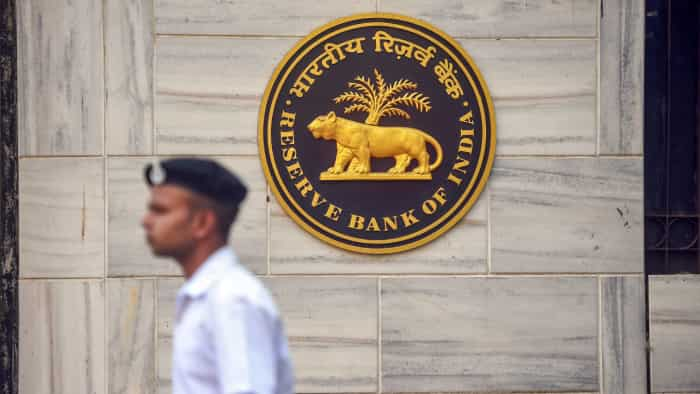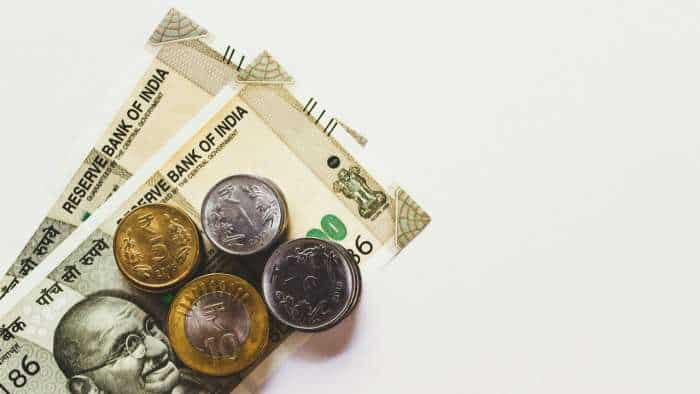Smart electricity meters in rural India a win-win, says ADB
As part of its USD 200 million loan for Energy Efficiency Services Limited (EESL) to implement various demand-side energy efficiency projects in India, the ADB assisted pilot is running in a village in Varanasi where as many as 5,000 households have got smart meters with satellite communication technology installed by EESL.

Asian Development Bank (ADB) is planning to scale up a satellite-based smart meters project, implemented in a village in Uttar Pradesh, as it finds it to be a win-win solution for several stakeholders, including the consumers as well as discoms.
As part of its USD 200 million loan for Energy Efficiency Services Limited (EESL) to implement various demand-side energy efficiency projects in India, the ADB assisted pilot is running in a village in Varanasi where as many as 5,000 households have got smart meters with satellite communication technology installed by EESL.
ADB is considering scaling up this project through a proposed second plan, ADB's Yongping Zhai said in a blog.
Zhai, who is the chief of energy sector group, sustainable development and climate department, said: "We have observed that smart meters bring benefits to four key stakeholders."
First, each rural consumer enjoys improved power quality, shorter outage durations, and flexible payment options (pre-paid or post-paid).
Smart meters also provide real-time information about the electricity usage through a mobile app, so consumers can detect any wastage and optimise electricity consumption to save money, he said.
Smart meters also prepare rural households for distributed and decarbonised future of energy systems.
When more rural households install distributed solar photovoltaic panels on their rooftops, smart meters can be used as net metering -- it means surplus solar power can be transferred to the grid, allowing customers to offset the electricity bills, he said.
Watch Zee Business video here:
Also, smart meters can be used for time of use tariffs, allowing different tariffs for day and night.
For the power distribution companies (discoms), smart meters ensure accurate billing as there is no human intervention and they can remotely disconnect customers who fail to pay bills on time.
"This helps local distribution companies improve their billing and collection efficiency and thus reduce aggregate technical and commercial losses from around 30 per cent to 15 per cent," Zhai said.
Besides, they can predict power purchase requirements and thus can use energy more optimally.
Smart meters are affordable, costing about USD 35 (around Rs 2,560) to buy and another USD 35 to deploy for five years.
This is fully paid as an initial investment by EESL, which in turn gets Rs 100 (USD 1.3) per meter per month from local distribution companies out of savings realised over the expected eight-year lifespan of each device, generating a 14 per cent return on equity for EESL.
Terming it as an innovative business model -- invest-own-operate -- Zhai said it can be replicated elsewhere in India and many other developing countries that suffer from high system losses, as it does not burden local distribution companies upfront.
Smart meters benefit the whole society through reduced carbon emissions and positive environmental impacts, he added.
EESL's smart metering initiative is part of a larger low-carbon energy transition program by the Indian government, he said.
Zhai said the programme is promoting smart meters in 17 towns in Uttar Pradesh and Haryana and expanding to other parts of the country, and it is also expected to create many local jobs.
Get Latest Business News, Stock Market Updates and Videos; Check your tax outgo through Income Tax Calculator and save money through our Personal Finance coverage. Check Business Breaking News Live on Zee Business Twitter and Facebook. Subscribe on YouTube.
RECOMMENDED STORIES

SBI 2222-Day Green Deposit FD vs Central Bank of India 2222-Day FD: What will you get on Rs 4,44,444 and Rs 7,77,777 investments in these special FD? Know here

Power of Rs 15,000 SIP: How long it will take to achieve Rs 7 crore corpus? See calculations to know
03:24 PM IST









 Centre, ADB sign $350 million loan to boost India's supply chains
Centre, ADB sign $350 million loan to boost India's supply chains Sri Lanka to obtain $200 million loan from ADB for power sector development
Sri Lanka to obtain $200 million loan from ADB for power sector development India signs $98 million loan agreement with Asian Development Bank to boost horticulture productivity
India signs $98 million loan agreement with Asian Development Bank to boost horticulture productivity ADB lauds India's fossil fuel subsidy reforms
ADB lauds India's fossil fuel subsidy reforms ADB commits $434.25 million loan for solar facility in Assam
ADB commits $434.25 million loan for solar facility in Assam